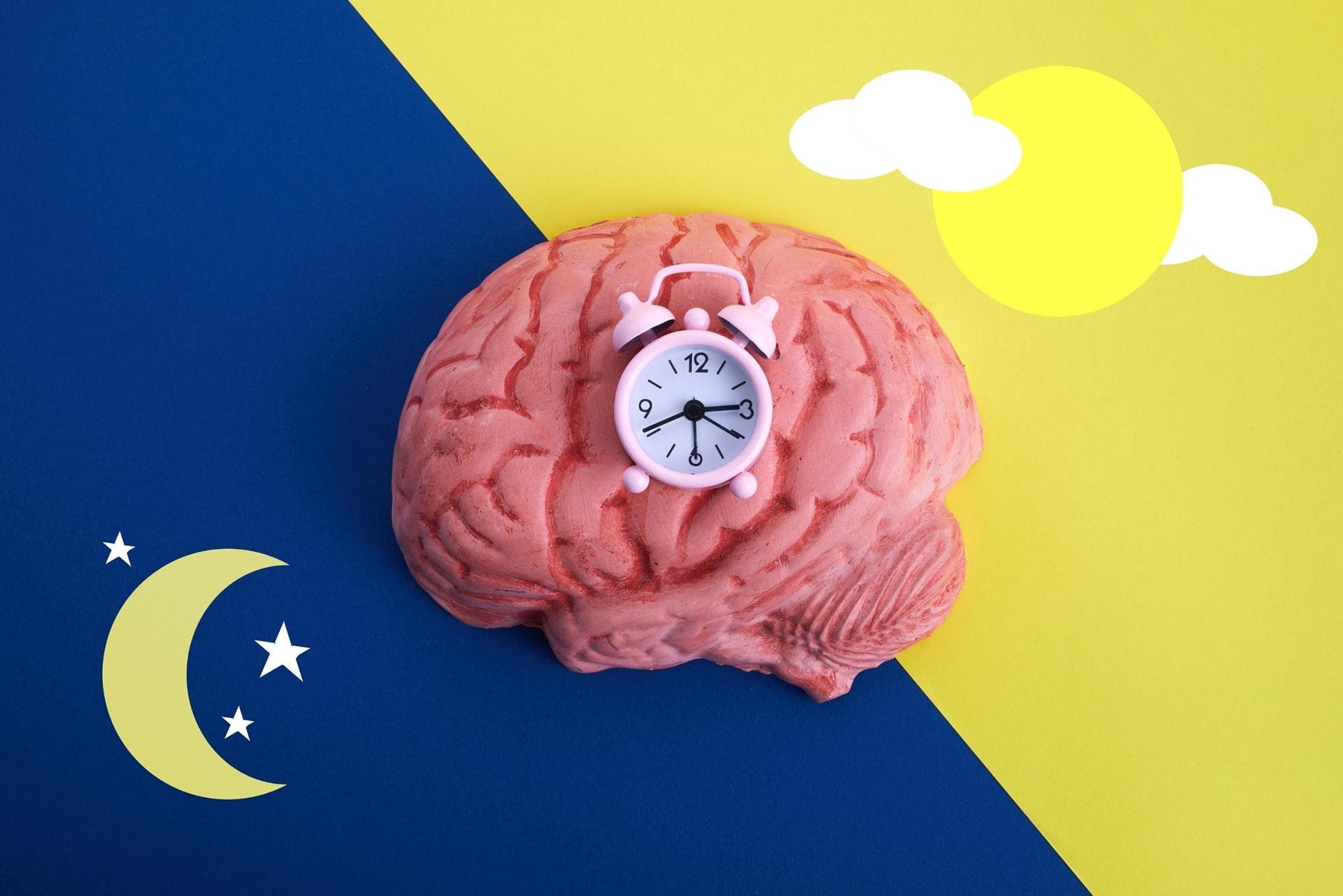Struggling with sleep and energy levels? Resetting your circadian rhythm can help! This article provides simple, practical steps to realign your body’s internal clock, promoting better sleep and increased daytime energy. From establishing a consistent sleep schedule to managing light exposure and creating a relaxing bedtime routine, these strategies are designed to help you feel more rested and rejuvenated. Let’s dive in!

Resetting your circadian rhythm can enhance your sleep quality and boost your energy levels. Here’s a concise guide to help you achieve that:
1. Establish a Consistent Sleep Schedule
To establish a consistent sleep schedule, start by setting a specific bedtime and wake-up time that you can stick to every day, even on weekends. Gradually adjust your sleep times by 15–30 minutes if needed, allowing your body to adapt. Create a relaxing bedtime routine, like reading or meditating, to signal to your body that it’s time to wind down.Get exposure to natural light in the morning to help regulate your internal clock, and avoid heavy meals and caffeine in the hours leading up to bedtime.
2. Increase Morning Light Exposure
The cycle of your sleep is a key part of your circadian rhythm. If something goes wrong with your circadian rhythm, it affects your sleep and can result in a sleep disorder.Getting light in the morning can help with certain sleep disorders:
- Delayed sleep phase syndrome in which you go to sleep late and wake up late
- Insomnia, or an inability to get enough sleep
3. Limit Light at Night
- Here’s a short and simple guide to limiting light at night:
- 1. Use low-wattage or dimmable bulbs in the evening.
- 2. Use blackout curtains or heavy blinds to keep out outside light.
- 3. Switch off lights in unused rooms.
- 4. If needed, choose dim, warm-colored night lights.
- 5. Consider using a sleep mask to block any remaining light.
- These tips can help create a darker, more sleep-friendly environment!
4. Create a Relaxing Bedtime Routine
To create a relaxing bedtime routine, you can establish a consistent bedtime, avoid napping, and create a calming environment.
5. Optimize Your Sleep Environment
To optimize your sleep environment, you can make your bedroom cool, dark, and quiet. Studies show that factors like temperature, noise, light levels, and clutter in the bedroom can majorly affect how well you sleep. By making simple changes to your sleep space, you can create an environment that promotes deep, uninterrupted sleep.

6. Manage Naps
- If you nap, keep it under 30 minutes and avoid napping late in the day.
- Managing naps can help you reset your circadian rhythm. Here’s how:
- Keep Naps Short: Limit naps to 20–30 minutes to avoid feeling groggy.
- Nap Early: Try to nap in the early afternoon, not too close to bedtime.
- Create a Calm Space: Find a quiet, comfortable place to nap.
- Stay Consistent: If you nap regularly, try to do it around the same time each day.
- Balance Naps with Night Sleep: Make sure your naps don’t interfere with your nighttime sleep.
- By managing your naps wisely, you can help your body adjust more easily!
7. Be Mindful of Food and Drink
- Mindful eating and drinking involves paying attention to what you’re consuming and how it makes you feel. It can help you savor your food, reduce overeating, and improve your digestion. Eat meals at consistent times and avoid heavy foods and caffeine close to bedtime.
8. Stay Active
- To stay active throughout the day and help set your circadian rhythm, try these simple tips:
- Move Around: Stand up and stretch or walk a little every hour.
- Drink Water: Keep sipping water all day to stay energized.
- Limit Caffeine: Avoid coffee or soda in the afternoon.
- Exercise: Move your body for about 30 minutes most days.
- These steps can help you stay active and sleep better!
9. Be Patient and Consistent
Being patient and consistent will help your body adjust over time!
10. Consider Professional Guidance
- A healthcare professional can give you personalized advice based on your sleep problems, lifestyle, and health. Sometimes, sleep issues can be connected to other health problems like insomnia, sleep apnea, or mental health issues like anxiety or depression. A professional can help identify and treat these issues.
- Talk to Your Doctor: Start with your regular doctor about sleep problems.
- See a Sleep Specialist: Get a referral for expert help if needed.
- Consider a Sleep Study: This can help check your sleep patterns.
- Try CBT-I: Ask about therapy for better sleep habits.
- Light Therapy: Learn how to use light to reset your clock.
- Follow Advice: Use the plan your doctor gives you.
- Be Flexible: Be open to changes based on what works best.
- Getting professional help can make a big difference!
“Resetting your circadian rhythm is like tuning a musical instrument; with patience and consistency, you can find harmony in your sleep and wake cycles.”
Resetting your circadian rhythm can greatly improve your sleep and energy levels. By sticking to a consistent sleep schedule, managing light exposure, and creating a relaxing bedtime routine, you can help your body adjust. Remember to be patient and consistent, as it may take time for changes to take effect. If sleep issues persist, consider seeking professional guidance for tailored support. With these strategies, you can enjoy better sleep and increased vitality!









